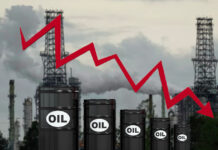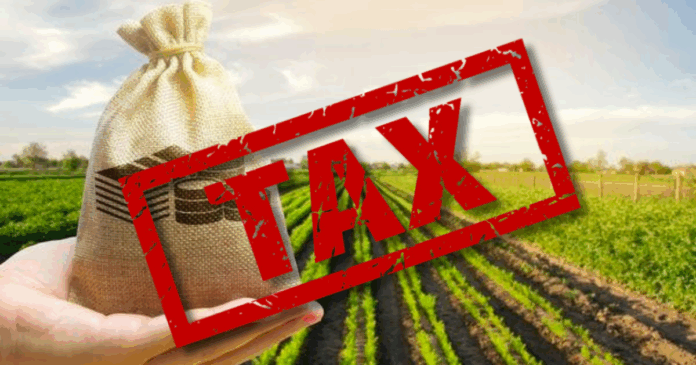The government plans to reduce the super tax on company profits from 10% to 8%. Officials explained, “The government needs to identify new tax measures to offset the Rs28 billion loss in revenue caused by the super tax reduction.” It would necessitate that the Government generate some other source of revenue. Govt May Increase Taxes on Agri Inputs.
Such tax changes are meant to help achieve the Rs14.3 trillion revenue target for the fiscal year 2025/26, established by the Pakistan Federation of Chambers of Commerce and Industry. The IMF has already requested new tax measures to support this target. Talks with the IMF will start on May 14.
The government has also agreed to raise taxes on agricultural inputs. It informed the IMF that its large-scale interventions in agricultural markets, including fertilisers, “no longer serve their purpose.” This move signals a policy shift to address inefficiencies.
The IMF argues that low taxes on fertilisers and pesticides hurt economic growth and the environment. According to the IMF, these low taxes “stifle private sector activity and innovations,” cause “price volatility and hoarding,” and “potentially undermine fiscal sustainability.” The IMF, therefore, supports raising these taxes.
Read more: JS Bank Reports PKR 2.74 Billion Profit Before Tax for Q1 2025
Starting in January 2025, farmers will pay income tax, with rates above 45%. They face ongoing challenges from climate change, poor water storage, and the sudden removal of crop price support. As a result, their financial burden will increase.
In a meeting with Prime Minister Shehbaz Sharif, the PPP called for more government support for agriculture. However, officials explained that the IMF deal limits major changes, even if the PPP disagrees.
The government also plans to reduce the tax-free period for Special Economic Zones (SEZs) from 10 years to 9 years, effective July. They have informed the International Monetary Fund (IMF) that they will choose to discontinue certain tax breaks and subsidies for SEZs, which will have a significant impact on fiscal policies.
AT Kearney is preparing a report on the fiscal costs of SEZs, due by the end of June. Based on this, the government will phase out SEZ tax incentives by 2035, except for those protected by contracts.
Stay tuned to Brandsynario for latest news and updates











































